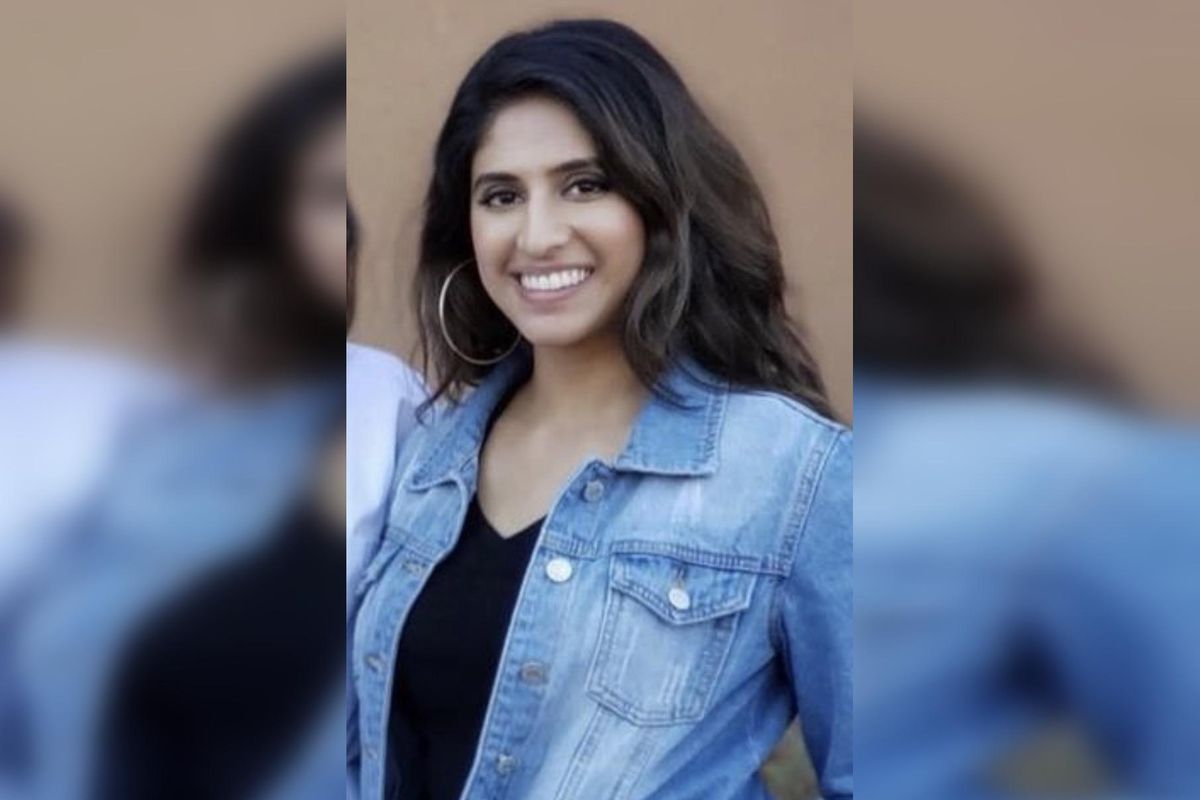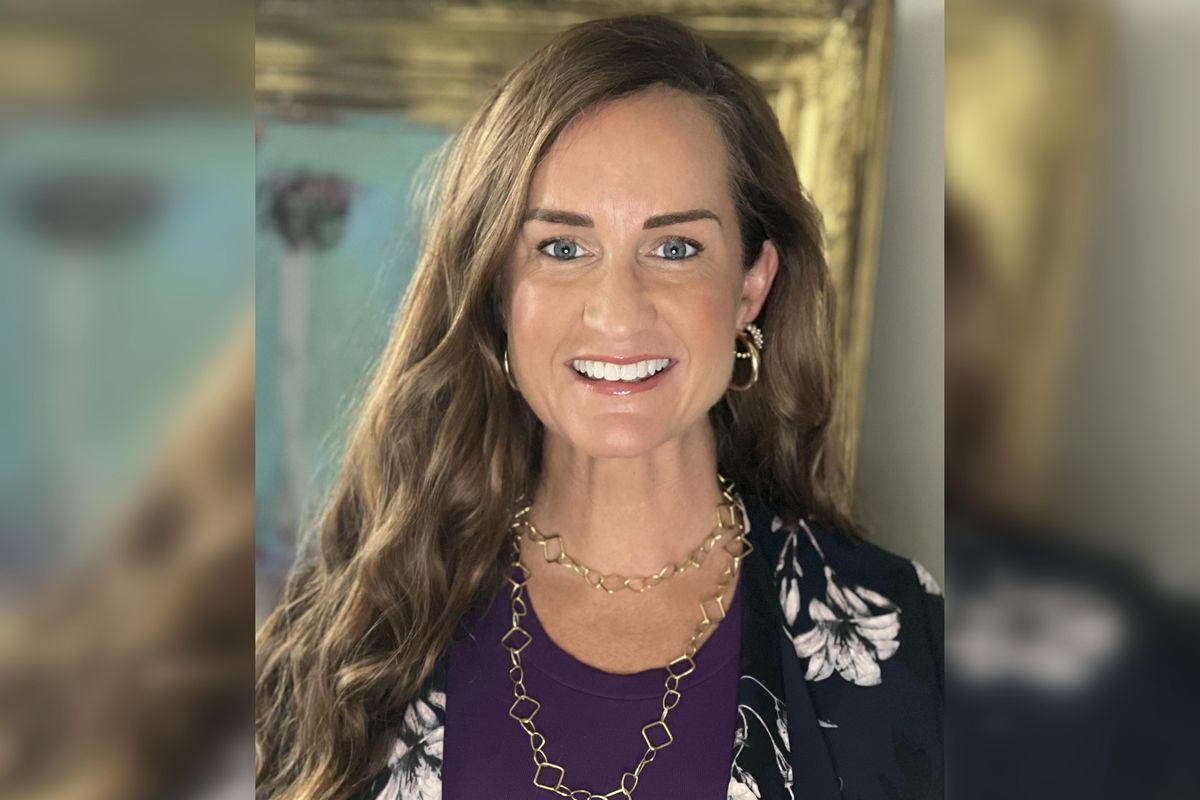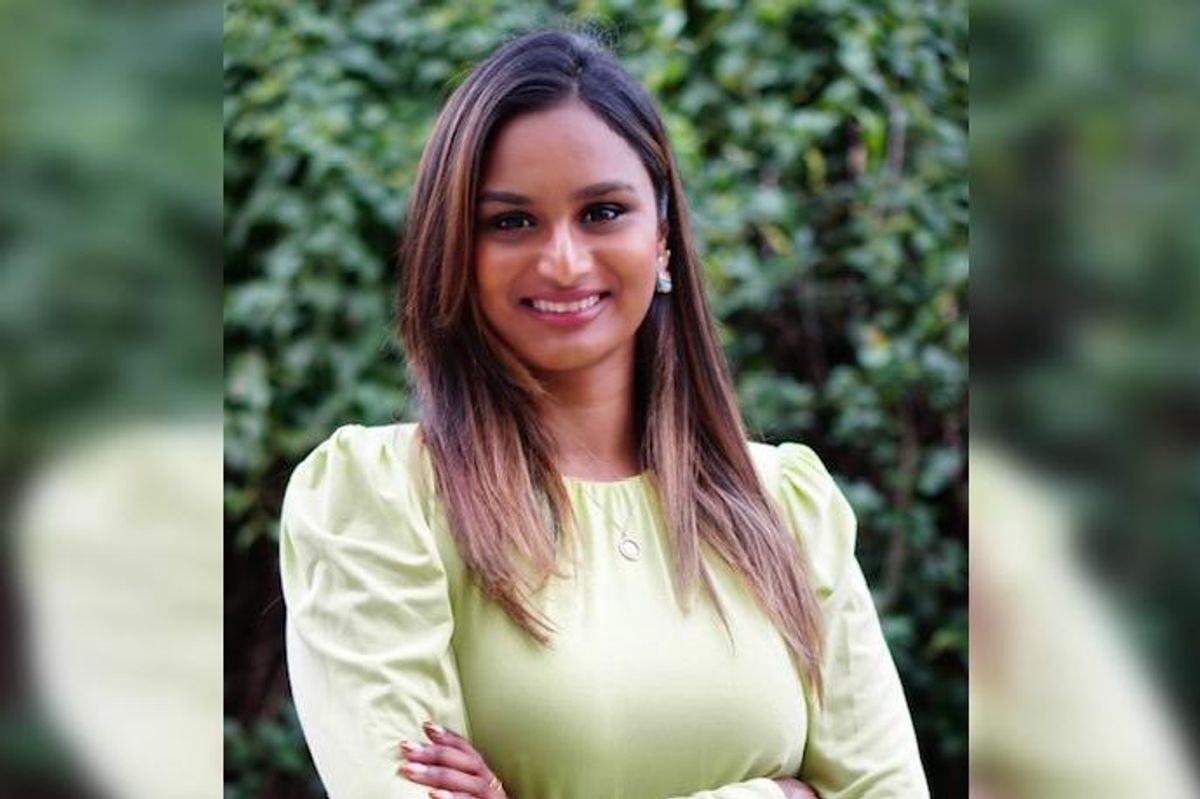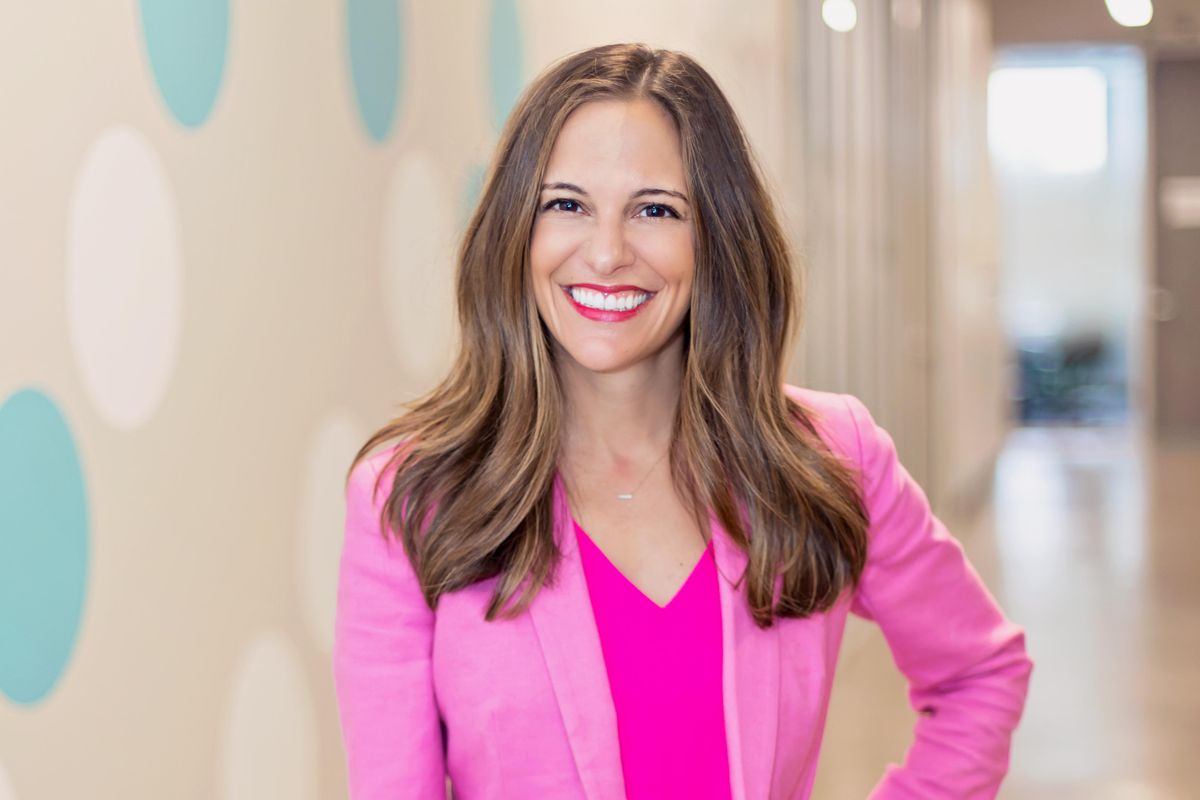Greentown Houston announces co-located accelerator for energy innovators of color
browning the green space
Greentown Labs has announced its latest accelerator program that will be co-located in both its Houston and Boston-area spaces.
In partnership with Browning the Green Space, Greentown Labs has officially launched the Advancing Climatetech and Clean Energy Leaders Program, or ACCEL, and is seeking applications from climatetech entrepreneurs who identify as Black, Indigenous, and/or People of Color.
The startups accepted into the year-long program will receive a curated curriculum, incubation at one of the Greentown locations, and mentorship from its large network of energy professionals. Each participant will also receive a non-dilutive $25,000 grant. Applications for ACCEL are open now and are due by Dec. 23
“We need all hands on deck to solve the climate crisis and foster a just energy transition,” says Emily Reichert, CEO of Greentown Labs, in a news release. “We are proud to partner with Browning the Green Space on this important program, and are eager to support more underrepresented founders through ACCEL to help build a more diverse, inclusive, and equitable climatetech industry.”
BGS is a nonprofit that is focused on making clean energy other climate-related fields more diverse, equitable, and inclusive. The organization is headquartered in Boston.
“We are excited to work in partnership with Greentown Labs to build critical support infrastructure for entrepreneurs of color and accelerate the equitable development and distribution of climate solutions across all communities,” says Kerry Bowie, executive director and president of Browning the Green Space, in the release. “ACCEL will help us move closer to where we all should be collectively, and create the opportunity to change the face of clean energy as we know it.”
The new program is also supported the Massachusetts Clean Energy Center, a state economic development agency dedicated to accelerating the growth of the clean energy sector across the Commonwealth, and then Boston-based Barr Foundation, a foundation with a regional focus, working in partnership with partners to elevate the arts, advance solutions for climate change, and connect all students to success in high school and beyond, per the news please.
“The Barr Foundation’s climate program has made a commitment to centering racial equity in the energy transition,” says Kathryn Wright, senior program officer of Clean Energy at The Barr Foundation, in the release. “We are excited to support this crucial opportunity to provide education and mentorship for underrepresented climate entrepreneurs in our region. We look forward to seeing the impact of the ACCEL program in the coming years.”
The curriculum for ACCEL will be led by Hadley, Massachusetts-based VentureWell, a nonprofit that funds and trains innovators to create successful, socially beneficial businesses. Applicants may be based anywhere in the world, but will be expected to attend in-person elements of the program at either Greentown Boston or Greentown Houston.






 Apple doubles down on Houston with new production facility, training center Photo courtesy Apple.
Apple doubles down on Houston with new production facility, training center Photo courtesy Apple.